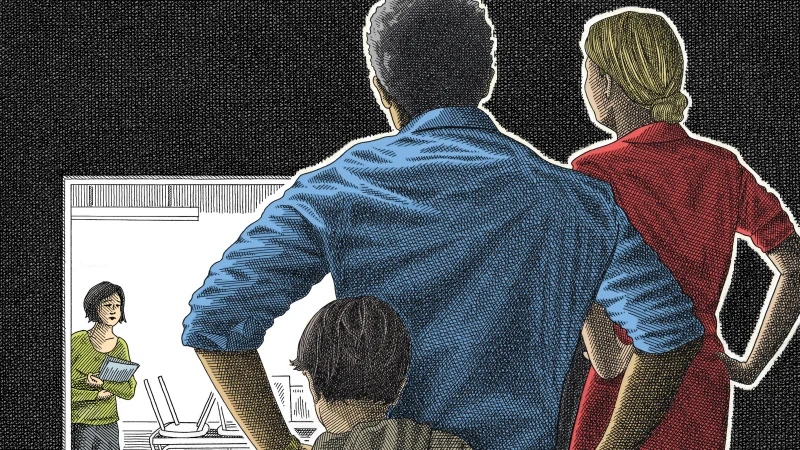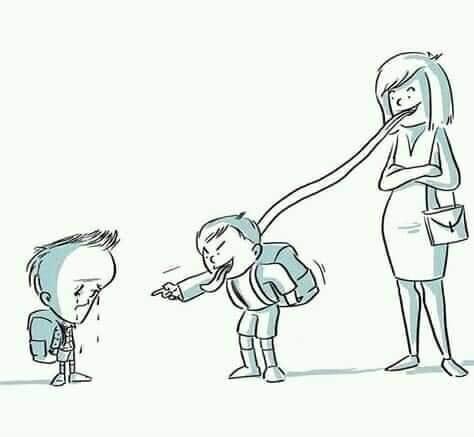Bullying is now a pervasive issue that affects individuals of all ages and backgrounds. Despite efforts to stop and prevent this, bullying has been prevailing in the world. Be it workplace bullying, school, or just in general.
However, people in other countries openly make efforts to bring about a change but unfortunately, the impact of bullying on Pakistani parents is a lesser-discussed aspect. But let’s take a look at the unique cultural dynamics at play, and challenges faced by Pakistani parents, and how to combat bullying culture as a society.

Understanding Why It Happens In The First Place?
Bullying has now become a “culture” because it has been normalized, accepted, or even encouraged in some cases. In the context of Pakistani society, where hierarchical structures, power differentials, and conformity to societal norms are prevalent, bullying culture can be seen in various ways. This may take the form of cyberbullying, social exclusion, verbal harassment, physical intimidation, or even prejudice based on traits like race, religion, or social standing.

In Pakistani society, cultural factors have a big influence. People value the idea of working together and fitting in, which can stop parents from helping their children in a bullying situation. It also stops them from standing up for themselves in many cases. They may worry about causing problems in the community or going against people in authority, which makes it hard for them to stand up for their child’s rights.
Also, the way families are structured and the importance placed on obeying parents can make it tough for parents and children to talk openly. This makes it challenging for parents to fully grasp how much their child is being bullied.
The Consequences
The existence of a bullying culture poses significant challenges for Pakistani parents. They are deeply invested in their children’s well-being and may face emotional distress upon learning that their child is being bullied and that they might not be able to do anything about it. Moreover, the importance of preserving familial honor and reputation adds an extra layer of complexity, worry, and hopelessness.
Parents may feel shame or fear judgment from their community, which can discourage them from seeking support or taking action against bullying but not doing anything can eventually take an emotional toll on parents and can also affect their mental health, leading to increased stress, anxiety, and feelings of helplessness.

Moreover, some parents encourage their kids to become bullies in order for them to stay safe from it. They function on the mentality of “if you can’t beat them join them”. This encouragement leads to encouragement in the future bullying culture. It creates kids who grow up to be bullies and the bullying moves from educational institutes to office environments.
Combatting It
To stop bullying and help Pakistani parents, it’s important to have honest conversations in families, schools, and communities. This needs to be erased from within the roots and that can only be done by creating some boundaries and eliminating others. Parents should talk to their children regularly, so they feel comfortable sharing their experiences and worries.
Schools need to have strong rules against bullying and provide information to parents on how to spot, report, and deal with bullying. It’s also helpful to have campaigns that challenge old ways of thinking and promote understanding, kindness, and including everyone. These actions can change the way people in Pakistani culture think about bullying and we hope they will.
What are your thoughts on this? Let us know in the comments below.
Stay tuned to Brandsynario for more news and updates.












































